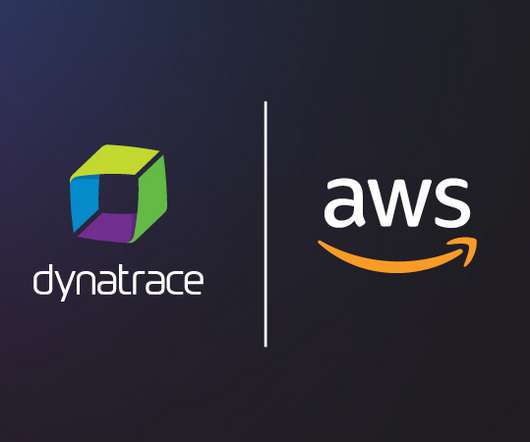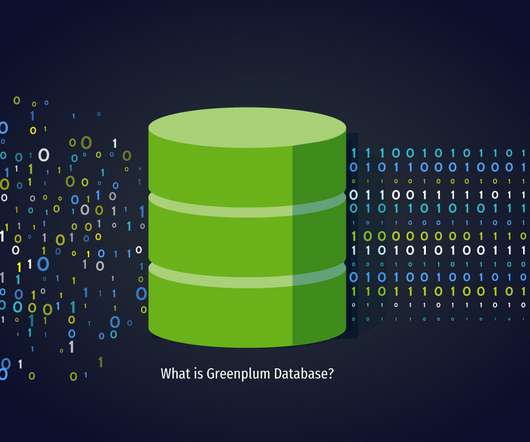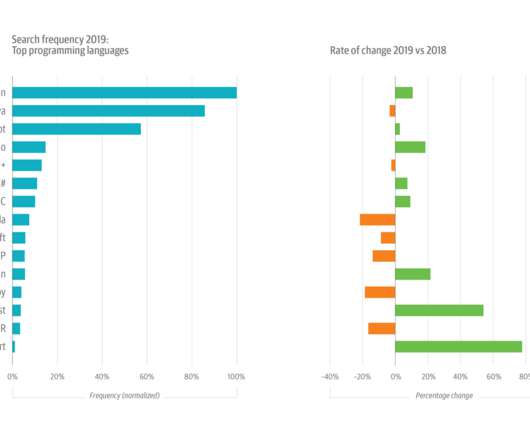AWS Re:Invent 2021 guide: Multicloud modernization and digital transformation
Dynatrace
NOVEMBER 22, 2021
Digital transformation with AWS: Making it real with AIOps. When Amazon launched AWS Lambda in 2014, it ushered in a new era of serverless computing. Amazon Web Services (AWS) and other cloud platforms provide visibility into their own systems, but they leave a gap concerning other clouds, technologies, and on-prem resources.












Let's personalize your content